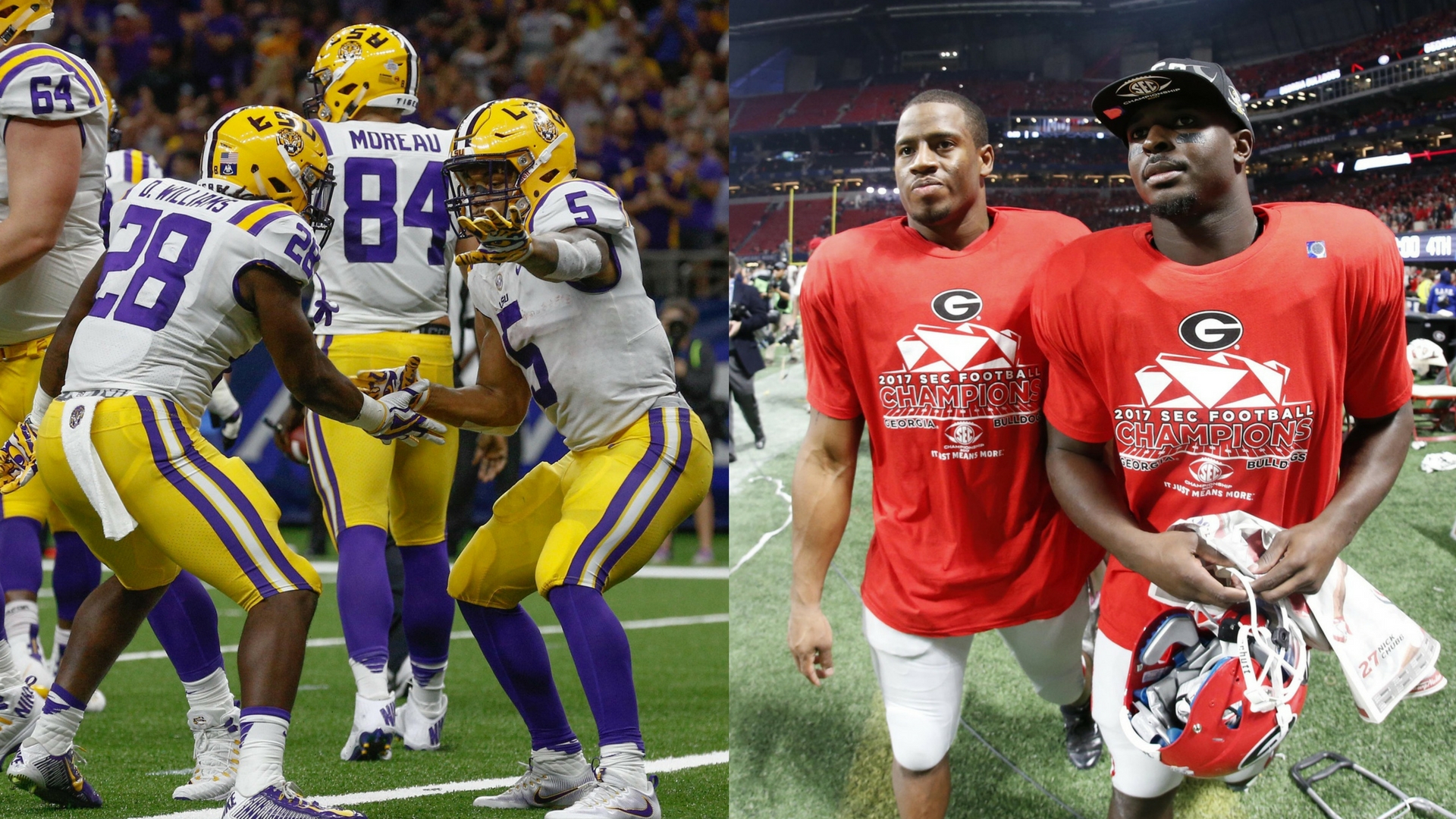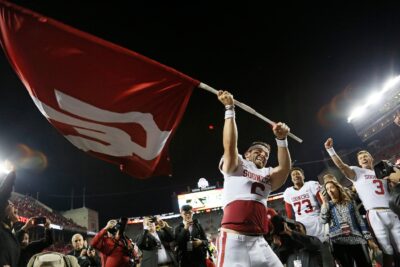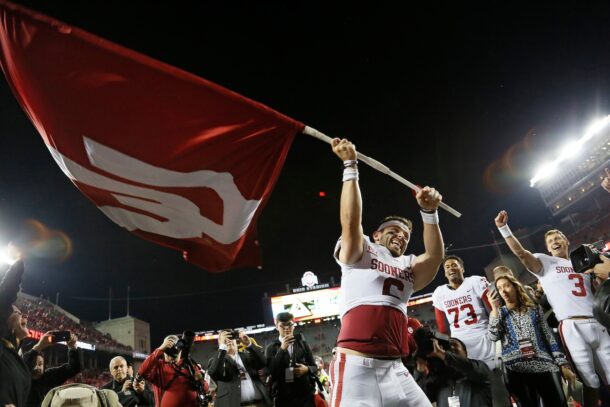
Georgia and LSU should both have multiple running backs drafted in 2018, but who’s the real ‘RBU?’
Get ready for it.
This weekend, you’ll probably see either Georgia or LSU tweet out a graphic and claim the title of “RBU,” aka “Running Back University.”
Those claims will come from Georgia when Sony Michel and Nick Chubb are selected, and they’ll come from LSU when Derrius Guice and Darrel Williams are selected. It would mark the second time in the past 5 years that LSU had multiple running backs drafted, and it would mark the first time since 2003 that Georgia accomplished that feat.
It was actually that same 2003 draft that marked the last time LSU had multiple running backs selected in the first four rounds. Georgia could definitely pull that off this year. If that happens, Georgia will have the 2018 claim for “RBU.”
But if we bump that sample size out, who would that title really belong to?
For this argument, let’s not assume anything for 2018. While we expect the 4 aforementioned backs to come off the board, everyone knows that running backs can fall in a hurry.
Let’s stick with the past five drafts for the time being (2013-17).
In that stretch, we saw 113 running backs get drafted. Five came from LSU while only two came from Georgia (Keith Marshall in 2014 and Todd Gurley in 2015). In fact, the Tigers could have the “RBU” argument if we were just looking at the past 5 years.
Here’s the breakdown of running backs by schools drafted from 2013-17:
- LSU, 5
- Alabama, 4
- Arkansas, 4
- Florida State, 4
- Auburn, 3
- Clemson, 3
- Florida, 3
- Stanford, 3
- UNC, 3
- Wisconsin, 3
- 16 with 2
Basically, half of the Power 5 schools have had multiple running backs drafted in the past 5 years. If that’s the scale you want to use for “RBU,” Georgia really doesn’t have much of an argument for the time being. And even if you wanted to add in 2018, they’d likely still be at least 3 running backs behind LSU.
OK, so what if you bump the sample size out to the past 10 drafts (2008-17)? Well, here’s how those numbers would break down:
- LSU, 8
- Alabama, 7
- Arkansas, 6
- Clemson, 6
- Cal, 5
- Georgia, 5
- Stanford, 5
- 9 with 4
So yes, the argument still favors LSU. In terms of NFL success, 3 of those 8 former Tigers recorded 1,000-yard rushing seasons. That includes Jeremy Hill and Leonard Fournette, both of whom burst onto the scene as rookies. That doesn’t include Spencer Ware, who put up 921 rushing yards as the Kansas City Chiefs’ starter in 2016.
But none of those LSU backs made it to a Pro Bowl. At least not yet (Fournette is probably only a matter of time). Compare that to Alabama, which had multiple running backs from the past 10 drafts (Mark Ingram and Eddie Lacy) make Pro Bowls. Alabama is the only program with at least 4 NFL running backs picked in the past 10 drafts with multiple Pro Bowlers.

Does that mean Alabama is “RBU?” It depends how you want to answer that. Based on that metric, yes. Based on most quantitative metrics in the past 5 or 10 years, it belongs to LSU (again, sorry Georgia).
There are other ways to measure that. What about first-round running backs in the 21st century?
I’m glad you asked.
Here are the only programs with multiple first-round running backs in the 21st century:
- Alabama, 3
- Wisconsin, 3
- Arkansas, 2
- Auburn, 2
- Cal, 2
- Georgia, 2
- LSU, 2
- Ohio State, 2
- Virginia Tech, 2
Incredibly enough, both Arkansas and Auburn had their first-round backs in the same year.
That brings us back to where we started with LSU and Georgia. If Guice and Michel get picked in the first round, their respective programs would be tied with Alabama and Wisconsin for most first-round running backs in the 21st century.
The only teams that appeared in the top 5 of all three of those lists were Alabama, Arkansas and LSU. I think you have to have a first-rounder in more than one year to really own the “RBU” title, so that would knock out Arkansas.
That’s why I’d argue that LSU and Alabama have the best cases to be declared “RBU” right now.
It’s not about what those schools programs did 3 decades ago. Why? If you’re pitching a 5-star running back, you aren’t telling him to go there because Herschel Walker went there. You’re telling him to go there because Chubb and Michel did. It’s not that they’re better players, but they’re relevant. They succeeded while current recruits were at least alive (I still can’t get over that we’re going to have college football players born in the 21st century this year).
Could that change in the future? Absolutely. For all we know, Georgia will have 5 or 6 running backs drafted in the next few years. Then it’ll have a legitimate case for the title.
But for now, the “RBU” title should reside in either Baton Rouge or Tuscaloosa.
Connor O'Gara is the senior national columnist for Saturday Down South. He's a member of the Football Writers Association of America. After spending his entire life living in B1G country, he moved to the South in 2015.







